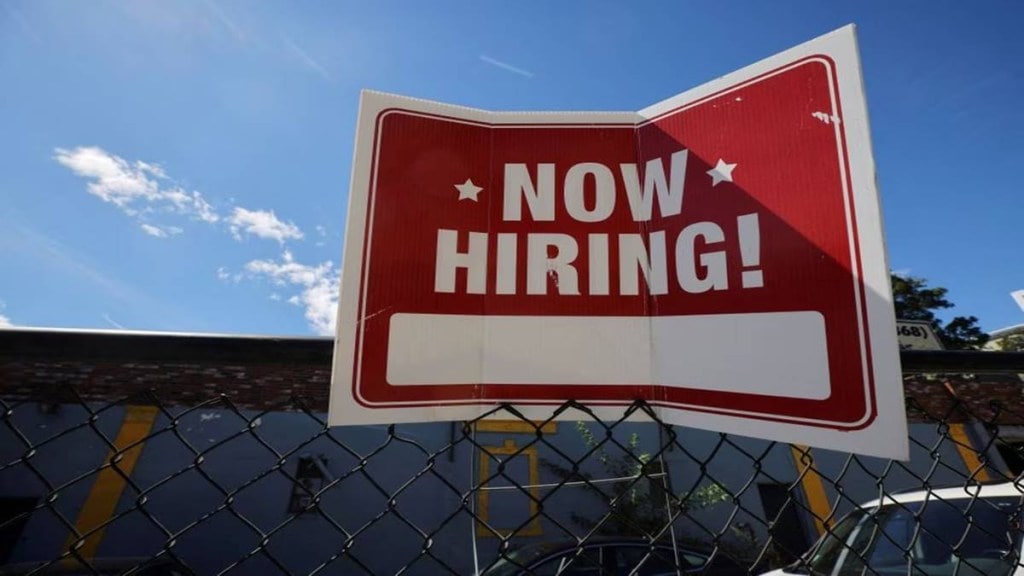By Sudhakar Raja
In recent years, deep technology has revolutionised various aspects of the business world, including the hiring value chain. Deep technology refers to the use of advanced technologies such as artificial intelligence, machine learning, and big data analytics to solve complex problems. In the recruitment industry, it is being used to streamline the hiring process, make it more efficient, and help companies find the best talent quickly.
Here are some ways that deep technology is changing the hiring value chain:
Automating Recruitment Processes:
Deep technology is automating various recruitment processes, such as resume screening, candidate assessment, and interview scheduling. Automated screening software can quickly and accurately sift through thousands of resumes to identify the most qualified candidates and give a Job Description to Resume Match. This saves time and reduces the likelihood of human error. Similarly, candidate assessment tools that use artificial intelligence and machine learning algorithms can evaluate candidates based on their skills, experience, and other factors to identify the best fit for a job.
Facilitating Remote Hiring:
The COVID-19 pandemic has accelerated the shift towards remote work, and the transition is being facilitated by deep tech. Video conferencing, online collaboration tools, and virtual onboarding processes are becoming more widespread, allowing companies to hire and onboard employees remotely. This has expanded the talent pool, allowing companies to hire the best candidates regardless of their location. Additionally, video interviews and virtual job fairs are becoming more common, allowing candidates to showcase their skills and personality in a more engaging and interactive way.
Enhancing Candidate Experience:
Deep technology is also improving the candidate’s experience during the hiring process. Chatbots and virtual assistants can answer candidates’ questions and provide them with updates on the status of their applications. This reduces the need for human intervention and makes the process more efficient.
Reducing Bias in Hiring:
One of the biggest challenges in recruitment is reducing bias. Traditional hiring processes can be subjective and prone to unconscious bias. Deep tech is helping to reduce bias in hiring by using objective data and algorithms to evaluate candidates. For example, blind resume screening can remove identifying information such as name, age, and gender to prevent unconscious bias. Similarly, machine learning algorithms can analyse job postings and identify biassed language, helping companies create more inclusive job descriptions. Such software can also ensure that the candidate’s journey is tracked in a transparent manner. This allows tracking of any personal biases that the hiring manager brings to the table.
Improving Risk Monitoring:
The risks that are associated with working with large groups of people are ever-growing. Most companies struggle to keep up and very few of them take on a process like background verification which is expensive and cumbersome. Platforms like TRST Score democratise the Human Risk Mitigation process and are making huge leaps in risk monitoring employees, agents, gig workers etc. These platforms use deep tech to predict risk scenarios and help mitigate them. There are other platforms making use of video-based AI to evaluate candidates in interviews and understand their behaviour. Companies are now also using AI to gauge the level of engagement in a candidate’s responses to assess if they will be joining the organisation or not. Similar AI-based technologies are also being used to ascertain the level of engagement of the employee in work to avoid situations where the employee is engaged in moonlighting or any other practices that are detrimental to the organisation. These are just some of the initiatives that are being taken in the direction of advanced human risk mitigation.
Improving Employee Retention:
Deep technology can also help companies improve employee retention by identifying potential issues early on. Predictive analytics can analyse employee data to identify patterns and trends that may indicate retention risk. This allows companies to take proactive steps to address these issues and retain top talent. Additionally, machine learning algorithms can analyse employee feedback and sentiment to identify areas for improvement and address any concerns.
In conclusion, deep technology is transforming the hiring value chain by streamlining recruitment processes, improving the candidate experience, reducing bias, and improving employee retention. As companies continue to embrace digital transformation, deep technology will become even more important in the recruitment industry. With the power of artificial intelligence, machine learning, and big data analytics, companies can find the best talent quickly and efficiently, giving them a competitive edge in the market.
The author is founder and CEO of TRST Score HR tech startup. Views are personal.

